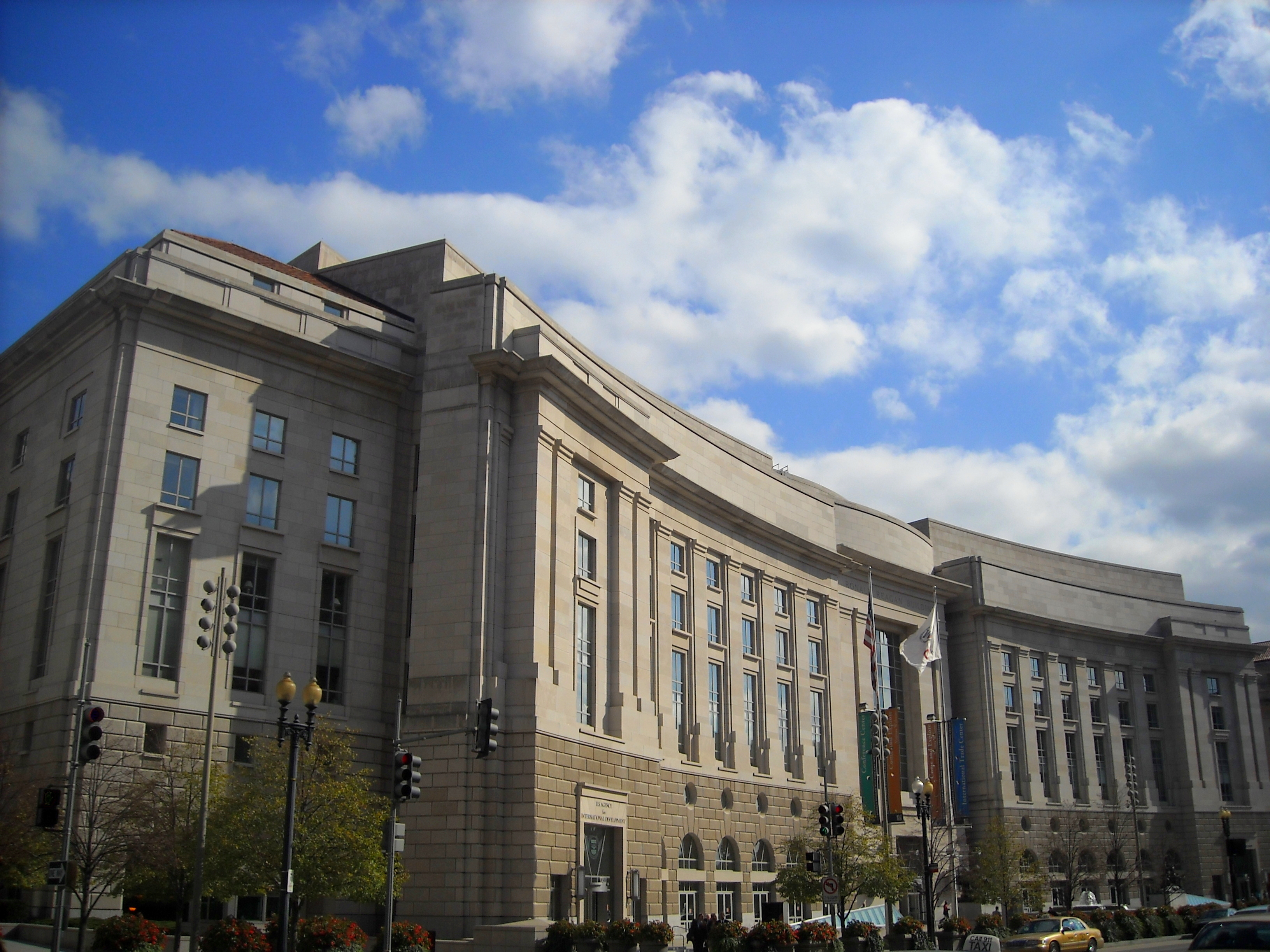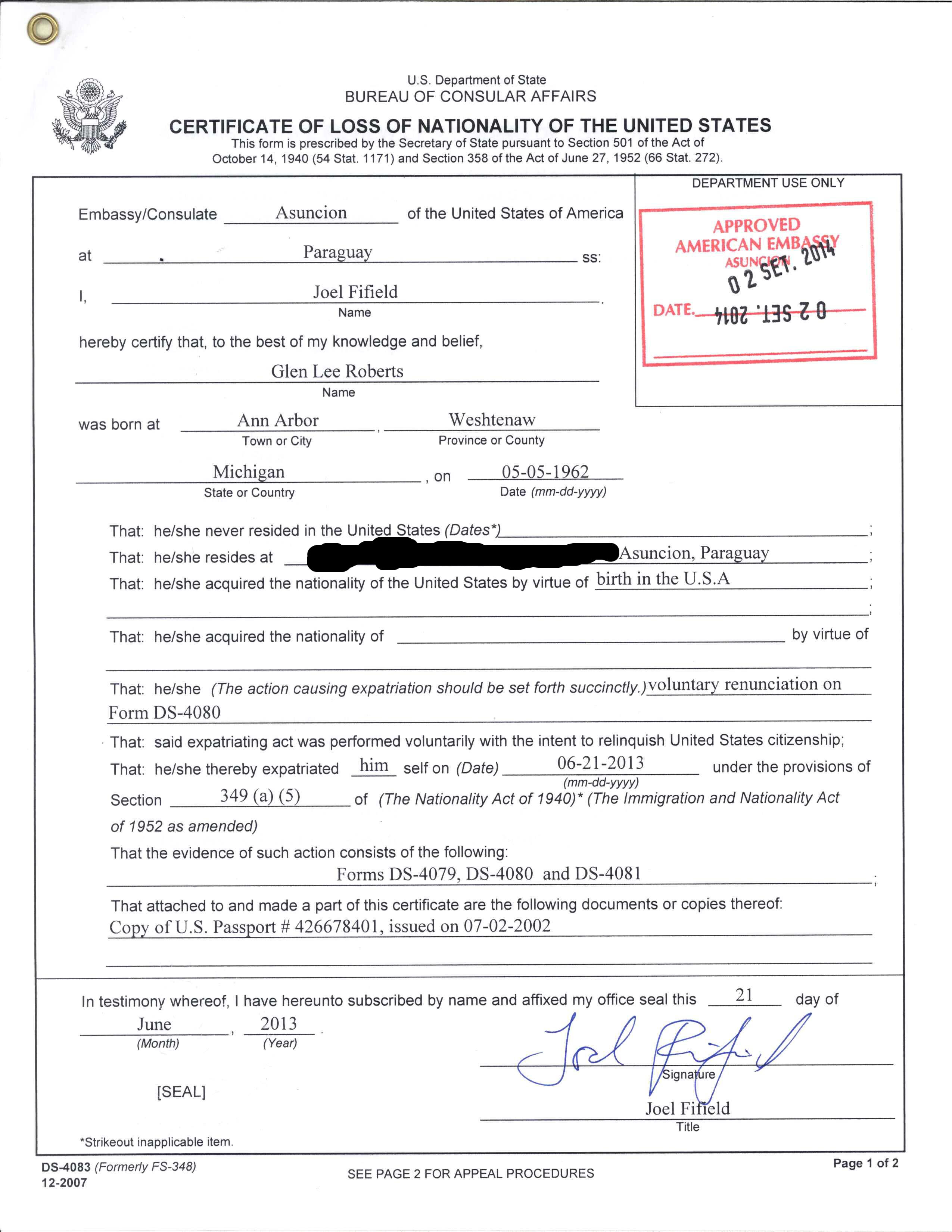|
Ljubica Acevska
Ljubica Z. Acevska (born 1957) is a Macedonian diplomat. A former U.S. citizen by naturalization and an economic consultant by profession, she quit her job in 1992 to become Macedonia's unofficial liaison in Washington, D.C. and relinquished U.S. citizenship in 1995 to take up her new officially-accredited role as the first Macedonian Ambassador to the United States. She served in that post until 2002, when she was succeeded by Nikola Dimitrov. Personal life and early career Though Acevska herself was an immigrant to the United States, her family had ties there going back several generations. Both her great-grandfather and her grandfather moved to the United States ahead of her own parents, in 1917 and 1940 respectively. Her grandfather settled in Mansfield, Ohio, where he opened a restaurant. Acevska was born and raised in the small village of Capari near Yugoslavia's border with Greece. In her youth, she had ambitions to become an astronaut. Acevska emigrated from Yugoslavia ... [...More Info...] [...Related Items...] OR: [Wikipedia] [Google] [Baidu] |
Capari
Capari ( mk, Цапари) is a village in North Macedonia. It was formerly a municipality center, but is now within the Bitola Bitola (; mk, Битола ) is a city in the southwestern part of North Macedonia. It is located in the southern part of the Pelagonia valley, surrounded by the Baba, Nidže, and Kajmakčalan mountain ranges, north of the Medžitlija-Níki ... municipality. Demographics According to the 2002 census, the village had a total of 493 inhabitants. Ethnic groups in the village include:Macedonian Census (2002) ''Book 5 - Total population according to the Ethnic Affiliation, Mother Tongue and Religion'' The State Statistical Office, Skopje, 2002, p. 188. * Macedonians 493 References External links www.capari.org -- A website devoted to bringing the rich culture, history and beauty of the Macedonian village of Capari to the world. [...More Info...] [...Related Items...] OR: [Wikipedia] [Google] [Baidu] |
Breakup Of Yugoslavia
The breakup of Yugoslavia occurred as a result of a series of political upheavals and conflicts during the early 1990s. After a period of political and economic crisis in the 1980s, constituent republics of the Socialist Federal Republic of Yugoslavia split apart, but the unresolved issues caused bitter inter-ethnic Yugoslav wars. The wars primarily affected Bosnia and Herzegovina, neighbouring parts of Croatia and, some years later, Kosovo. After the Allied victory in World War II, Yugoslavia was set up as a federation of six republics, with borders drawn along ethnic and historical lines: Bosnia and Herzegovina, Croatia, Macedonia, Montenegro, Serbia, and Slovenia. In addition, two autonomous provinces were established within Serbia: Vojvodina and Kosovo. Each of the republics had its own branch of the League of Communists of Yugoslavia party and a ruling elite, and any tensions were solved on the federal level. The Yugoslav model of state organisation, as well as a "middle ... [...More Info...] [...Related Items...] OR: [Wikipedia] [Google] [Baidu] |
Haiti
Haiti (; ht, Ayiti ; French: ), officially the Republic of Haiti (); ) and formerly known as Hayti, is a country located on the island of Hispaniola in the Greater Antilles archipelago of the Caribbean Sea, east of Cuba and Jamaica, and south of The Bahamas and the Turks and Caicos Islands. It occupies the western three-eighths of the island which it shares with the Dominican Republic. To its south-west lies the small Navassa Island, which is claimed by Haiti but is disputed as a United States territory under federal administration."Haiti" ''Encyclopædia Britannica''. Haiti is in size, the third largest country in the Caribbean by area, and has an estimated population of 11.4 million, making it the most populous country in the Caribb ... [...More Info...] [...Related Items...] OR: [Wikipedia] [Google] [Baidu] |
Woodrow Wilson International Center For Scholars
The Woodrow Wilson International Center for Scholars (or Wilson Center) is a quasi-government entity and think tank which conducts research to inform public policy. Located in the Ronald Reagan Building and International Trade Center in Washington, D.C., it is a United States presidential memorial that was established as part of the Smithsonian Institution by an act of Congress in 1968. So-named for Woodrow Wilson's achievement of being the only president of the United States to hold a PhD, the center is also a think tank, ranked multiple times by the University of Pennsylvania's Think Tanks and Civil Societies Program as among the ten best in the world. On January 28, 2021, Mark Andrew Green was announced as the Wilson Center's next president, director and CEO. He began his term on March 15, 2021. Organization and funding The center was established within the Smithsonian Institution, but it has its own board of trustees, composed both of government officials and of indivi ... [...More Info...] [...Related Items...] OR: [Wikipedia] [Google] [Baidu] |
Relinquishment Of United States Nationality
Relinquishment of United States nationality is the process under federal law by which a U.S. citizen or national voluntarily and intentionally gives up that status and becomes an alien with respect to the United States. Relinquishment is distinct from denaturalization, which in U.S. law refers solely to cancellation of illegally procured naturalization. explicitly lists all seven potentially expatriating acts by which a U.S. citizen can relinquish that citizenship. ''Renunciation of United States citizenship'' is a legal term encompassing two of those acts: swearing an oath of renunciation at a U.S. embassy or consulate in foreign territory or, during a state of war, at a U.S. Citizenship and Immigration Services office in U.S. territory. The other five acts are: naturalization in a foreign country; taking an oath of allegiance to a foreign country; serving in a foreign military; serving in a foreign government; and committing treason, rebellion, or similar crimes. Beginning wi ... [...More Info...] [...Related Items...] OR: [Wikipedia] [Google] [Baidu] |
Victor Comras
Victor D. Comras (born 1943) is an American diplomat, lawyer, and writer. Biography Comras was born in 1943 in New York. He received a Bachelors of Science from Georgetown University. He acquired a Juris Doctor from the University of Florida in 1966, and he attained a Master of Laws from Harvard University in 1975. Comras entered the foreign service in 1966. Between 1969 and 1971, he served in the Arms Control and Disarmament Agency. Later on, between 1980 and 1985, he worked in the Bureau of European Affairs before going on to serve as consul general in France. He served as Chargé d’Affaires for the United States to Macedonia from 1994 to 1996. While serving the diplomatic corps, he would specialize in counter-terrorism, money laundering, and sanctions. After serving for 35 years, Comras retired from the U.S. State Department in 2001. He was then appointed by United Nations Secretary General Kofi Annan to serve as one of five international monitors to oversee Security C ... [...More Info...] [...Related Items...] OR: [Wikipedia] [Google] [Baidu] |
Constitution Of The Republic Of Macedonia
The Constitution of the Republic of North Macedonia is a codified constitution outlining North Macedonia's system of government and basic human rights. It was adopted in the Parliament of the then-Republic of Macedonia on 17 November 1991. In 2001 it was announced that the country had adopted amendments to its Constitution which enshrined 15 basic amendments and has granted rights to the country's ethnic Albanian population, as part of the Ohrid Agreement. In 2018, the government agreed to the Prespa agreement with Greece, where the constitutional name of the country would be changed from the "Republic of Macedonia" to the "Republic of North Macedonia" in exchange for assurances that Greece would no longer object to North Macedonia's integration in international organizations. Following ratification of the agreement and a non-binding referendum, Macedonia's Parliament approved a draft constitutional amendment on 3 December 2018. On 11 January 2019, the final version of the amend ... [...More Info...] [...Related Items...] OR: [Wikipedia] [Google] [Baidu] |
Macedonia Naming Dispute
The use of the country name "Macedonia (terminology), Macedonia" was disputed between Greece and the North Macedonia, Republic of Macedonia (now North Macedonia) between 1991 and 2019. The dispute was a source of instability in the Balkans#Western_Balkans, Western Balkans for 25 years. It was resolved through negotiations between Athens and Skopje, mediated by the United Nations, resulting in the Prespa agreement, which was signed on 17 June 2018. Pertinent to its background is an early 20th-century Macedonian Question, multifaceted dispute and Macedonian Struggle, armed conflict that formed part of the background to the Balkan Wars. The specific naming dispute, although an existing issue in Yugoslav–Greek relations since World War II, was reignited after the breakup of Yugoslavia and the newly-gained independence of the former Socialist Republic of Macedonia in 1991. Since then, it was an ongoing issue in bilateral and international relations until it was settled with the P ... [...More Info...] [...Related Items...] OR: [Wikipedia] [Google] [Baidu] |
Yugoslav Passport
The Yugoslav passport was issued to citizens of Yugoslavia for the purpose of international travel. The passport of SFR Yugoslavia has been described as highly regarded and that with it immigrants were able to find jobs among European firms trading with the East and other countries. It was also described as "one of the most convenient in the world, as it was one of the few with which a person could travel freely through both the East and West" during the Cold War. Under the Yugoslav federal system, each constituent republic had its own register of citizens, and issued a somewhat distinct variety of passports. In particular, Yugoslav passports issued in SR Macedonia were printed in Macedonian and French, rather than in Serbo-Croatian; those issued in Socialist Autonomous Province of Kosovo were in Albanian, Serbo-Croatian, and French. Past and Future passports File:Passport of Kingdom of Yugoslavia.jpg, Passport of the Kingdom of Yugoslavia File:Yugo Pass.JPG, Passport of the Soc ... [...More Info...] [...Related Items...] OR: [Wikipedia] [Google] [Baidu] |
United Nations Security Council Resolution 757
United Nations Security Council resolution 757 was adopted on 30 May 1992. After reaffirming resolutions 713 (1991), 721 (1991), 724 (1991), 727 (1992), 740 (1992) 743 (1992), 749 (1992) and 752 (1992), the Council condemned the failure of the authorities in the Federal Republic of Yugoslavia (Serbia and Montenegro) to implement Resolution 752. After demanding the Croatian Army respect the article 4 of the Resolution 752, the Council stated that all states should abide by the following rules, until Resolution 752 had been implemented. It demanded that all Member States should: :(a) prevent the import of all products and commodities from Yugoslavia or any activities by their nationals to promote such exports; :(b) prevent the sale of all products and commodities to Yugoslavia, except for humanitarian need; :(c) not make available any commercial, industrial, or public utility, funds or financial resources to Yugoslavia; :(d) deny permission to aircraft to take off from, land or ... [...More Info...] [...Related Items...] OR: [Wikipedia] [Google] [Baidu] |
Voluntary Export Restraints
A voluntary export restraint (VER) or voluntary export restriction is a measure by which the government or an industry in the importing country arranges with the government or the competing industry in the exporting country for a restriction on the volume of the latter's exports of one or more products. By this definition, the term VER is a generic reference for all bilaterally agreed measures to restrain exports. They are sometimes referred to as 'Export Visas'. The restraint could be a preset limit, a reduction in the exported amount, or a complete restriction. Typically VERs arise when industries seek Protectionism, protection from competing imports from particular countries. VERs are then offered by the exporting country to appease the importing country and deter it from imposing explicit (and less flexible) trade barriers. The implementation of VERs was prohibited in 1994 under modifications to the General Agreement on Tariffs and Trade (Article 11). Overview Voluntary exp ... [...More Info...] [...Related Items...] OR: [Wikipedia] [Google] [Baidu] |


